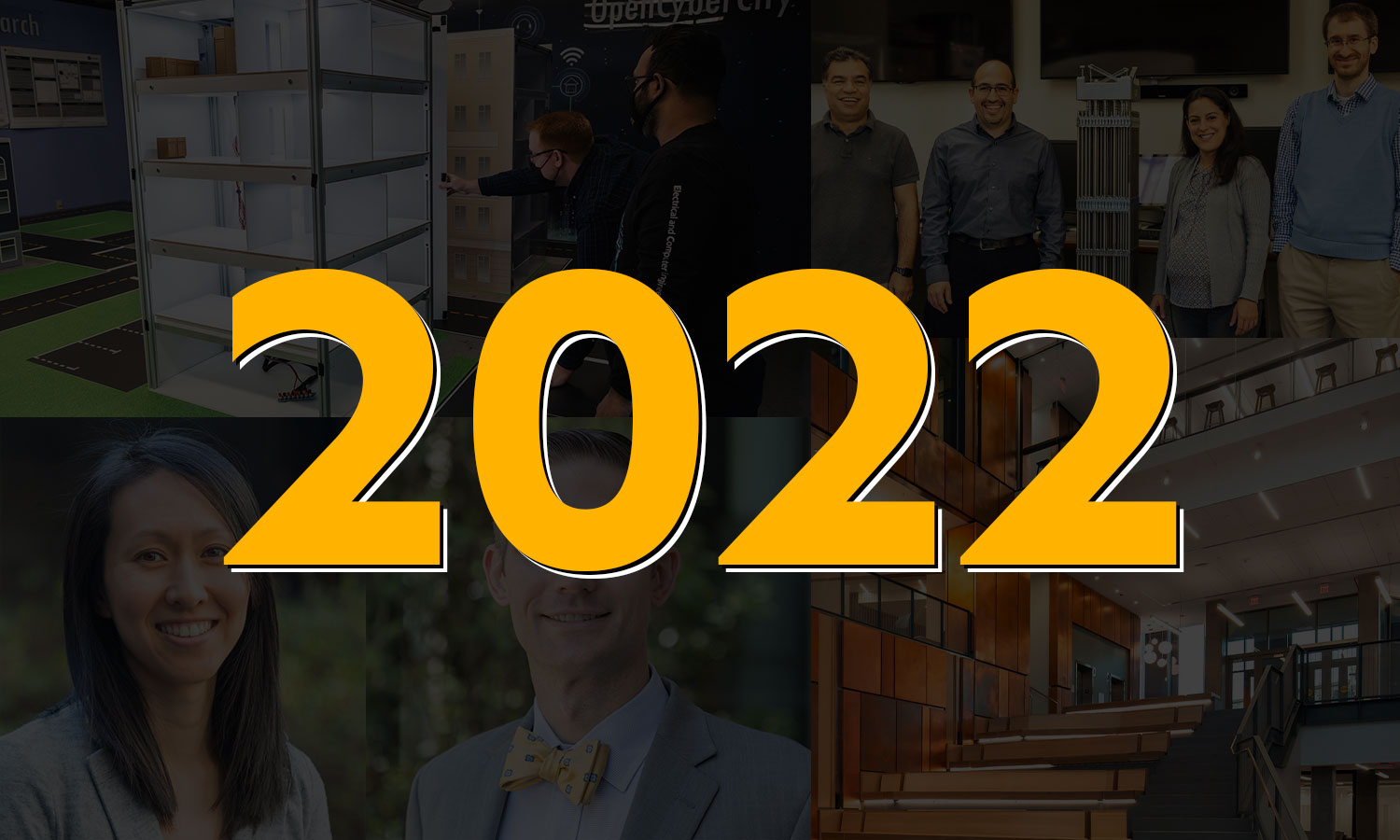2022 Year in Review

As we welcome 2023, let’s look back at some of the most impactful stories of 2022.
20 VCU Engineering faculty among world’s most-cited researchers in 2021, according to Stanford University study
All five of VCU Engineering’s departments are represented on Stanford’s list of highest-impact researchers within their respective fields for 2021. Citation metrics — how often a scholar’s published work is cited by other researchers — are widely acknowledged as important measures of research impact.
NRC funds VCU Engineering team’s advanced materials investigations for improved reactor safety
To secure the nation’s nuclear power reactors, the U.S. Congress and the Nuclear Regulatory Commission (NRC) have been aggressively pursuing advanced fuel technologies for the last decade. These efforts have centered on creating accident-tolerant fuels (ATF) and developing more resilient nuclear reactor designs and materials. The NRC has funded a VCU College of Engineering research team led by Jessika Rojas, Ph.D., to investigate the behavior of a set of nuclear materials, with the aim of improving the safety and performance of the U.S. nuclear power fleet.
Q&A with Patrick Martin, Ph.D.
Using control theory and artificial intelligence to enable the safe deployment of distributed autonomous systems is a specialty of Patrick J. Martin, Ph.D., assistant professor in the Department of Electrical and Computer Engineering. He recently applied these concepts to a dance collaboration between a human and a robot.
Biomedical engineering researcher seeks to shed light on how groups of cells determine how and where they are going
Priscilla Hwang, Ph.D., an assistant professor in the Department of Biomedical Engineering, has received a Faculty Early Development (CAREER) Award from the National Science Foundation (NSF) for 2022. This is the NSF’s most prestigious award given to junior faculty who most effectively integrate research and education.
New testbeds at VCU College of Engineering boost the Commonwealth Cyber Initiative’s capabilities in securing NextG, medical devices and smart cities
The Commonwealth Cyber Initiative (CCI) has aided in funding three new testbeds at Virginia Commonwealth University’s College of Engineering to help researchers and industry partners analyze the security of medical devices, NextG applications, and smart city operations.
Categories Faculty Awards, General College, Research Grants